Optimal Timing for Waterproofing Projects
Proper timing for waterproofing projects is essential to ensure durability and effectiveness. The optimal time depends on weather conditions, temperature, and humidity levels, which influence the application process and curing time. Understanding seasonal patterns can help in scheduling waterproofing to maximize longevity and performance.
Spring offers moderate temperatures and lower humidity, making it ideal for waterproofing applications before the summer heat begins.
Summer provides warm weather, but high humidity and rain can hinder proper application and curing of waterproofing materials.
Fall's cooler temperatures and dry conditions are suitable for waterproofing, especially to prepare for winter.
Winter is generally not recommended due to freezing temperatures and moisture, which can compromise waterproofing effectiveness.
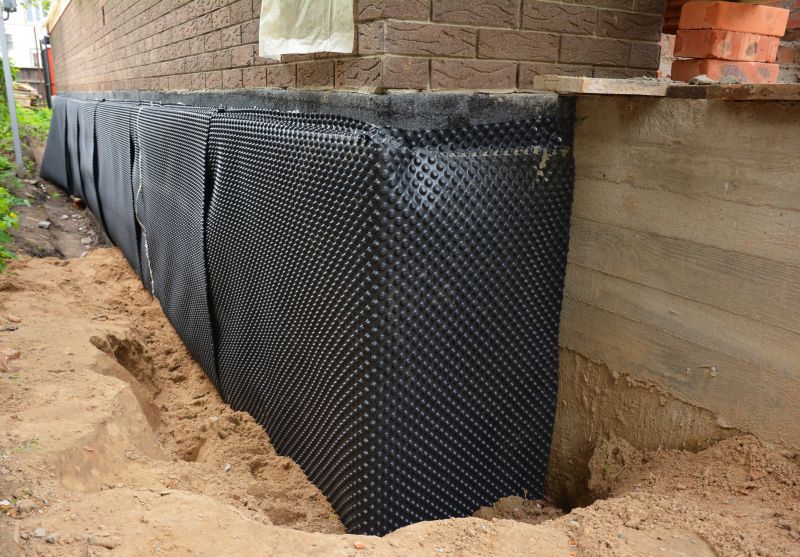
Ways to make Waterproofings work in tight or awkward layouts.
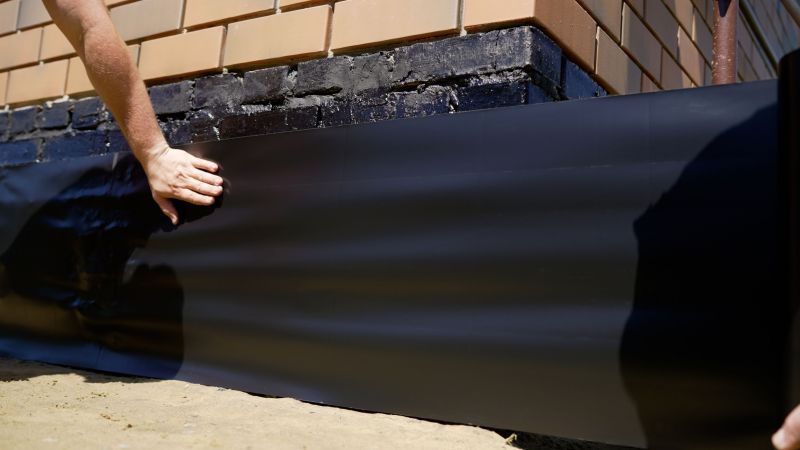
Popular materials for Waterproofings and why they hold up over time.
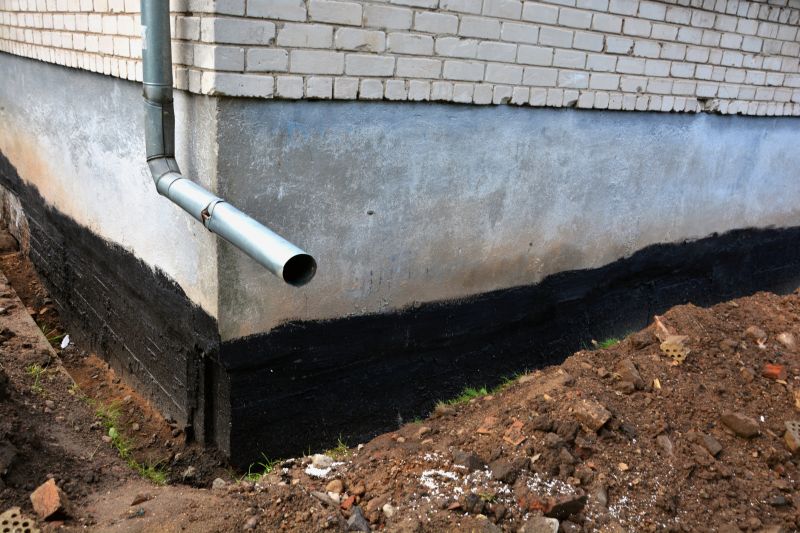
Simple add-ons that improve Waterproofings without blowing the budget.
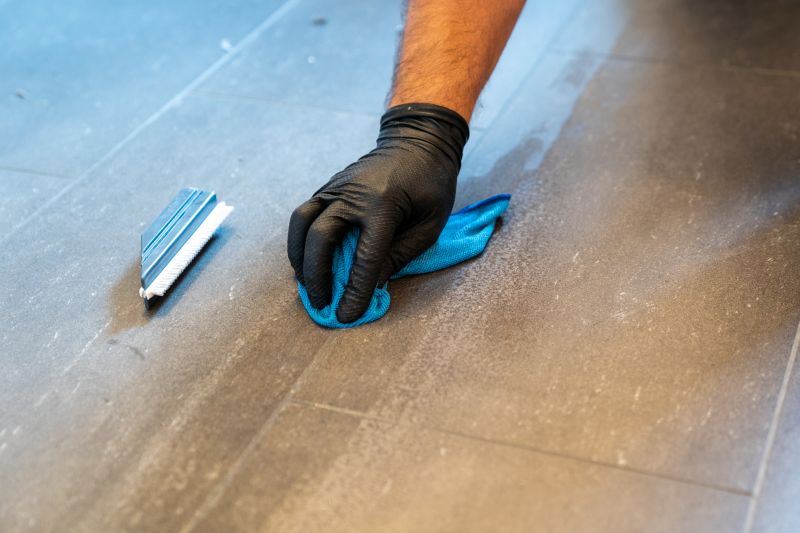
High-end options that actually feel worth it for Waterproofings.
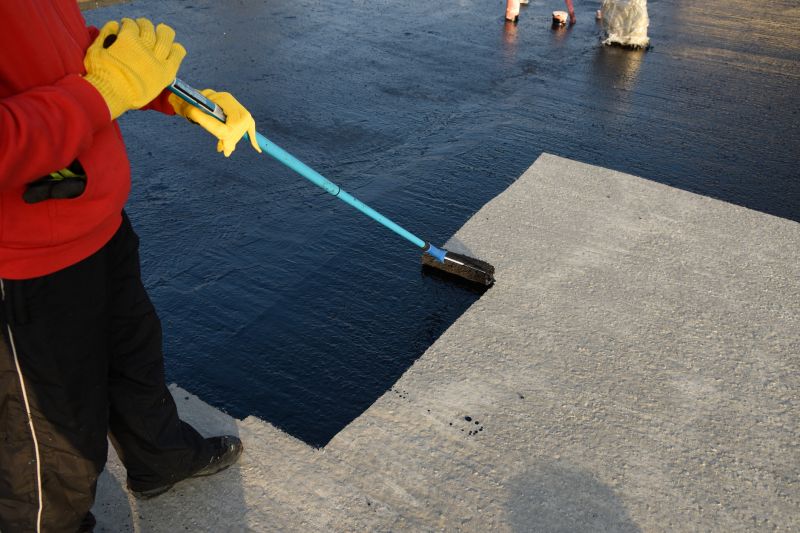
Finishes and colors that play nicely with Waterproofings.
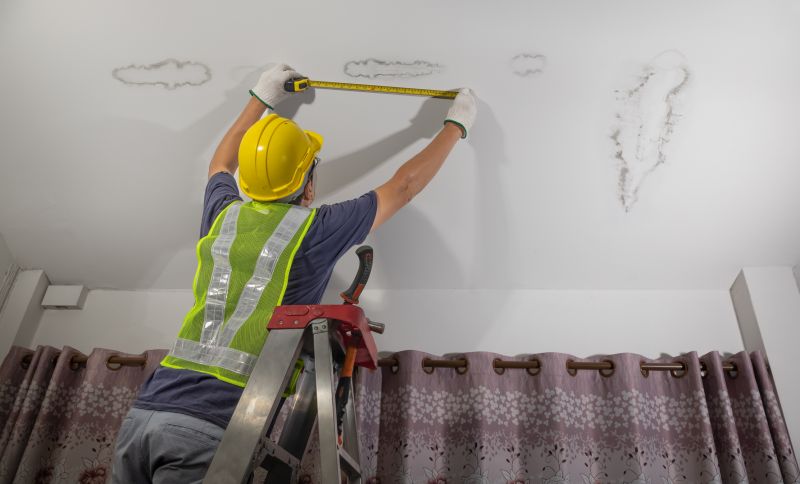
Little measurements that prevent headaches on Waterproofings day.
Waterproofings are essential for protecting structures from water intrusion, which can cause damage, mold growth, and structural weakening. They involve applying specialized materials to surfaces such as foundations, roofs, and walls to create a barrier against moisture. Proper waterproofing extends the lifespan of buildings and reduces maintenance costs.
Statistics indicate that water-related damages account for a significant percentage of property repairs annually. Effective waterproofing can prevent up to 90% of water intrusion issues, saving property owners substantial expenses over time. The choice of waterproofing material and application timing directly impacts the durability and effectiveness of the protection.
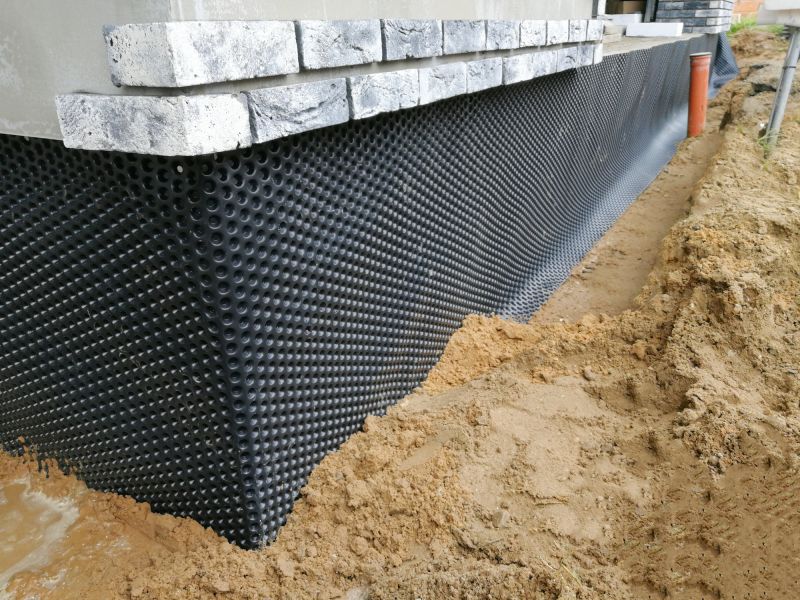
A 60-second routine that keeps Waterproofings looking new.
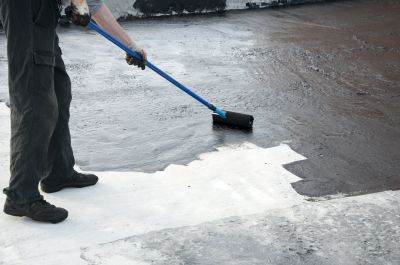
A frequent mistake in Waterproofings and how to dodge it.
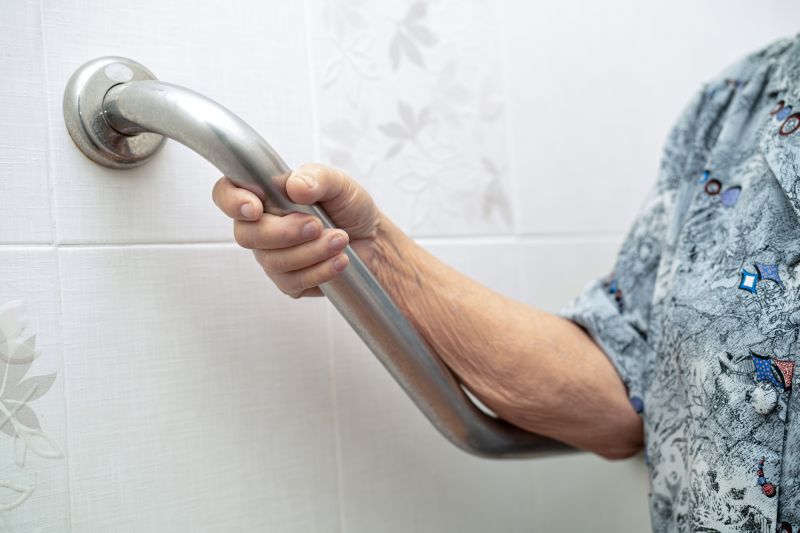
Small tweaks to make Waterproofings safer and easier to use.
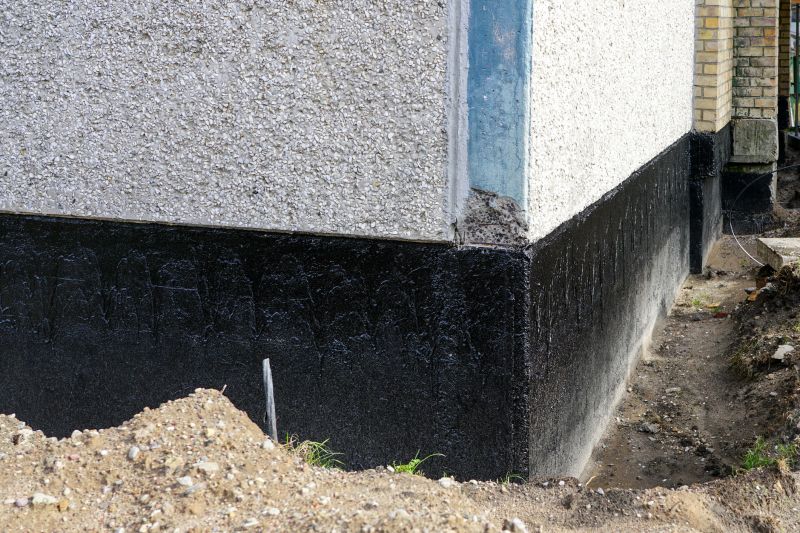
Lower-waste or water-saving choices for Waterproofings.
| Season | Recommended Conditions |
|---|---|
| Spring | Moderate temperatures, low humidity |
| Summer | Warm, dry days preferred |
| Fall | Cooler temperatures, dry weather |
| Winter | Freezing temperatures, not recommended |
Choosing the right time for waterproofing depends on local climate patterns and specific project requirements. Consulting with waterproofing professionals can ensure the best results and long-term protection for structures.
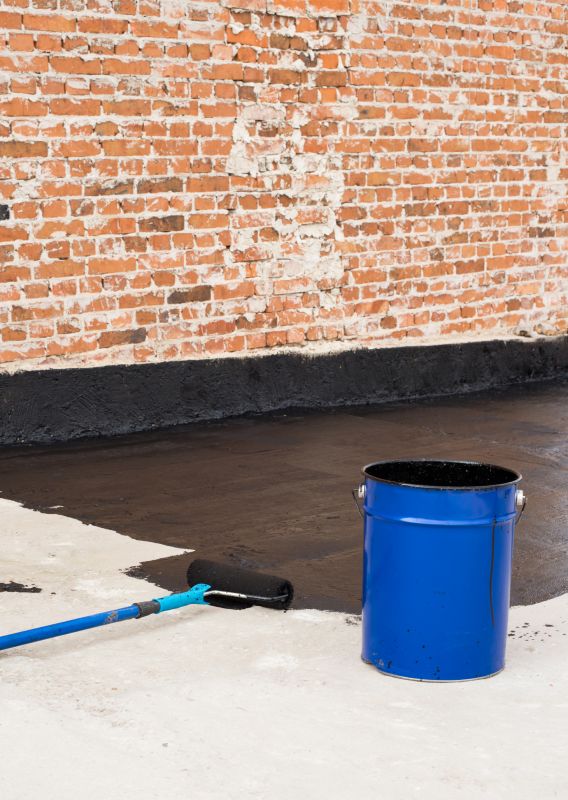
The short, realistic tool list for quality Waterproofings.
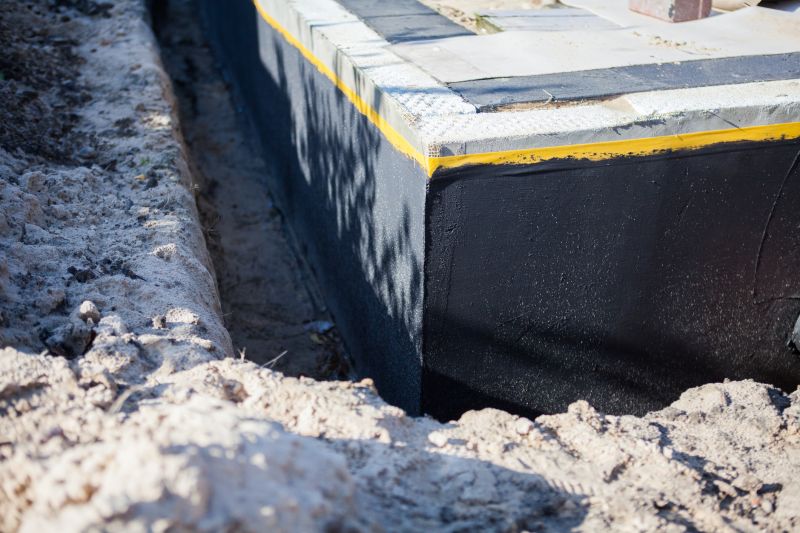
Rough timing from prep to clean-up for Waterproofings.
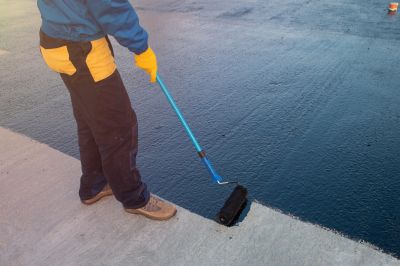
Quick checks and paperwork to keep after Waterproofings.
Interested in waterproofing services? Filling out the contact form can provide more information and help determine the best timing and solutions for specific needs.

